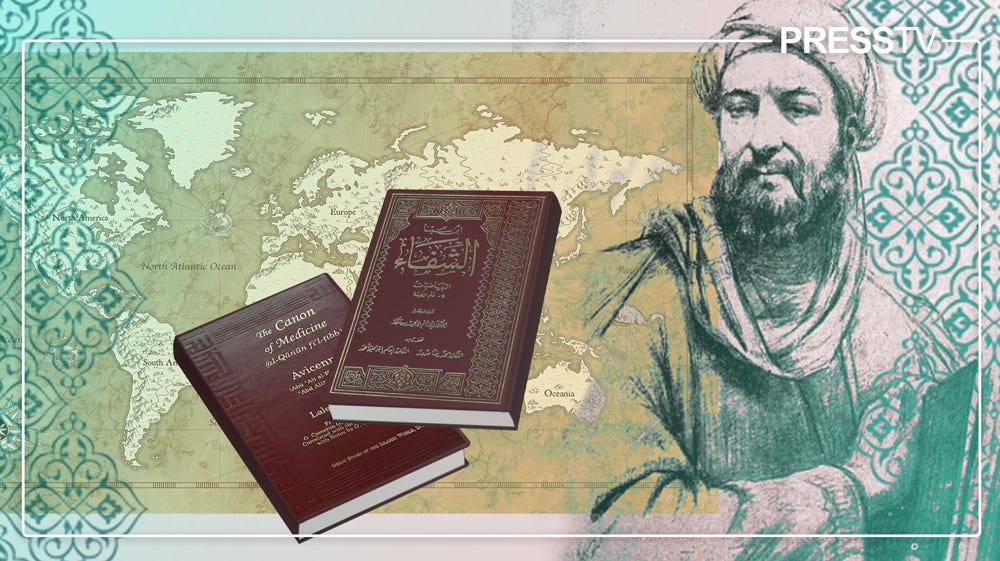Ibn Sina: A Bridge Between Civilisations and a Beacon for Western Scholars
How the Persian Polymath’s Enduring Legacy Shaped Medieval Medicine, Philosophy, and Science in Europe
Remembered by admirers as al‑Shaykh al‑Raʼīs—literally, the prince among scholars—Ibn Sina’s life was as extraordinary as his intellect. Not only did he serve as vizier and endure periods of imprisonment, but his travels across the Persian world also expanded his reach and influence.
During the tragic loss of the library in Bukhara, his contemporaries comforted themselves with a profound reflection: “The sanctuary of wisdom has not perished; it has been transferred into the mind of Ibn Sina.” His intellectual legacy, they believed, had survived the flames.
Many of Ibn Sina’s works found their way into Latin translations, serving as foundational pillars for Western scholars. His influence pervaded medieval philosophy, logic, medicine, astronomy, geology, and zoology—fields across which thinkers like Dino del Garbo, Peter of Abano, Roger Bacon, Vincent de Beauvais, and Albertus Magnus all cited his insights directly. His systematic methodology—rooted in empirical observation, classification, and logical reasoning—deeply informed the scientific, philosophical, and medical advancements of both the Middle Ages and the Renaissance.
The Canon of Medicine: A Six-Century Global Reference
Ibn Sina authored some 450 works spanning philosophy, medicine, astronomy, and natural sciences, and among them, The Canon of Medicine (Al‑Qanun fī al‑Ṭibb) stands out as his magnum opus.
Structured into five expansive volumes and written in Arabic, The Canon was soon translated into Persian, Latin, Hebrew, Turkish, and even Irish Gaelic. It endured as a leading reference text for physicians for nearly six centuries, especially across cities like Florence and Padua, before eventually being superseded in the scientific revolution.
A Legacy That Still Resonates Today
Ibn Sina’s influence is far from historical footnote. In contemporary medicine—from perinatal care to cardiology—his ideas continue to echo. A testament to his enduring ethical and scientific significance, UNESCO established the Avicenna Prize for Ethics in Science in 2002, awarded biennially to this day.
Summary
A Scholar of Legend: Ibn Sina transcended his era—not merely through intellect, but through political roles, personal tribulations, and a far-reaching legacy.
Cultural Conduit: Acting as a bridge between Persian, Indian, Greek, and Islamic thought, he brought classical knowledge into the medieval European discourse.
A Medical Cornerstone: The Canon of Medicine upheld his reputation for centuries, shaping medical thought across continents.
Enduring Influence: His contributions continue to enrich modern science and ethics, affirmed by global recognition like the UNESCO Avicenna Prize.
Source: PressTv


